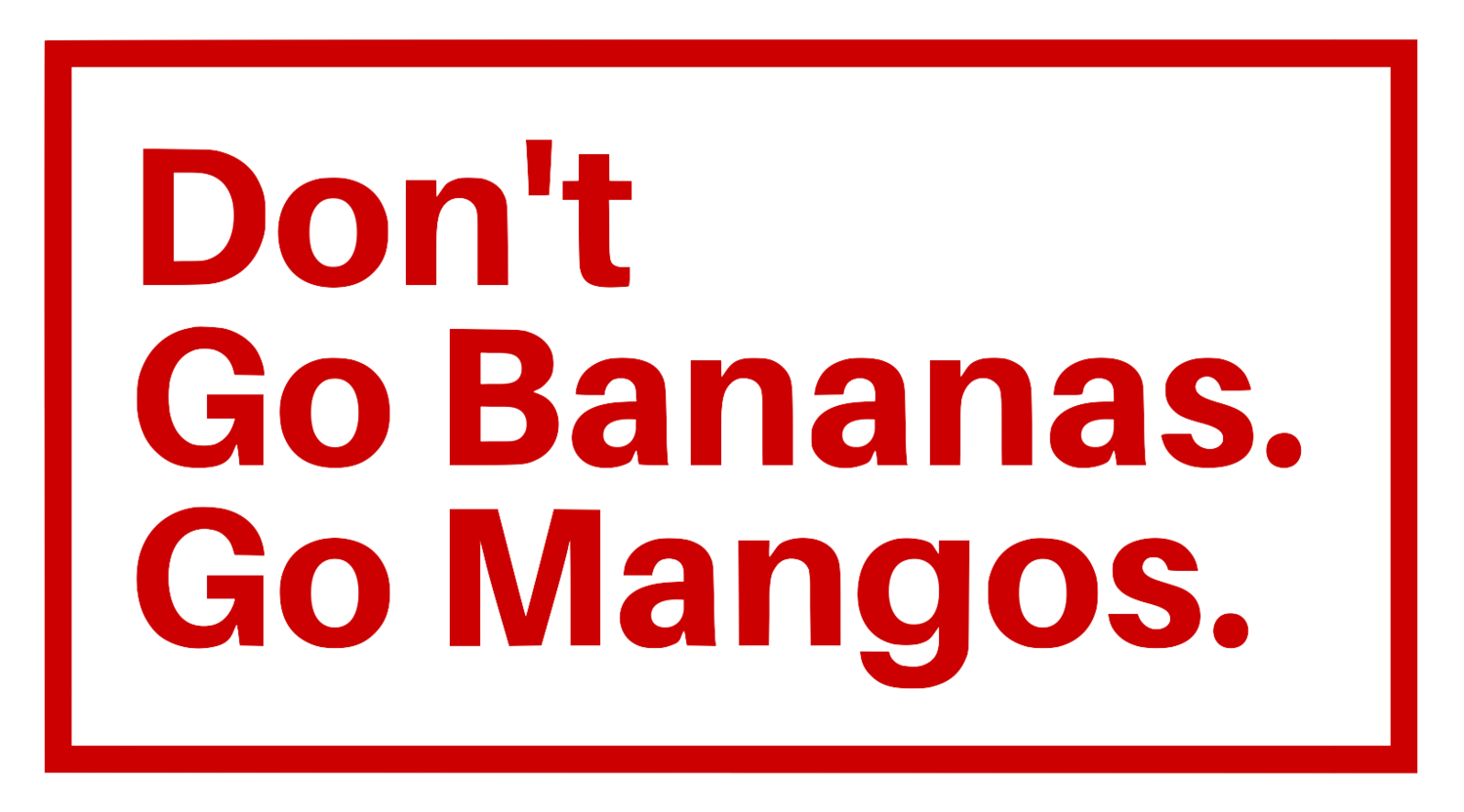Starting April 30, 2018 a standard form of lease provided by the government of Ontario must be used for all residential leases. From individual landlords to property management companies, everyone must use this standard form.
So how does this affect you as a tenant or landlord?
First and foremost, the rules and regulations as governed by the Residential Tenancies Act, 2006 have stayed the same. What has drastically changed is the way a lease agreement looks.
The purpose of this change was to make a lease agreement more simple and easier to understand. The government of Ontario wanted to ensure that tenants and landlords have the same understanding of the rights and responsibilities laid out in the Residential Tenancies Act, 2006.
Did you know?
A tenancy agreement cannot prohibit animals in the rental unit or in or around the residential building. But there are exceptions where a landlord can apply to evict a tenant with a pet:
- the pet makes too much noise, damages the unit or causes other tenants to have allergic reactions
- the breed or species is inherently dangerous
- the rules of the condominium corporation do not allow pets
The landlord can only collect a deposit for the last month's rent and a refundable key deposit. The tenant does not have to provide any other form of deposit such as pet or damage deposit.
The landlord can increase the rent only once every 12 months, but the landlord must use the proper Landlord and Tenant Board form and give the tenant at least 90 days' notice before the rent increase is to take effect. The rent can be increased by no more than the rent increase guideline unless the Landlord Tenant Board approves otherwise.
The end of an agreement does not mean the tenant has to move out or sign a renewal or new agreement in order to stay. The rules of the agreement will still apply and the tenant still has the right to stay:
- as a monthly tenant, if the agreement was for a fixed term or monthly tenancy
- as a weekly tenant if the agreement was for a weekly tenancy
- as a daily tenant, if the agreement was for a daily tenancy
have specific questions?
If you feel like your tenant or landlord is violating the Residential Tenancies Act, 2006 we recommend reviewing the Landlord and Tenant Board website to see if your questions may be answered. If you can't find what you're looking for, try giving them a call at 416-645-8080 (Toronto). For legal advice, consider talking to a paralegal or lawyer.
